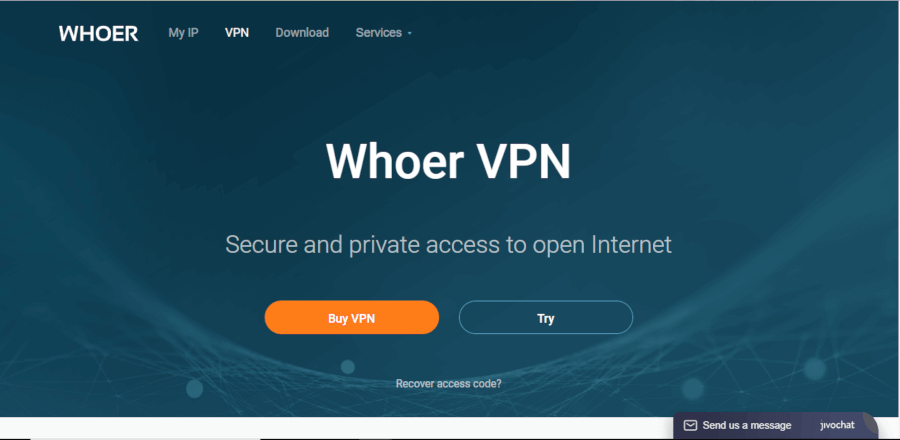

To improve your data security: Data breaches are inevitable and can be severely costly.There are many benefits of using a proxy server, including: High Anonymity Proxies: All the anonymity of an anonymous proxy, with the additional privacy or hiding the fact that you are using a proxy altogether.Some sites, however, have begun to block traffic from proxy servers. Sites will still be able to determine whether you are using a proxy server, they just will not be able to determine your real IP address. Anonymous Proxies: If you use an anonymous proxy, the proxy will provide a fake IP address instead of your real one.Transparent proxies are mostly used for content filtering purpose, rather than anonymity, such as in schools or offices. Transparent Proxies: As the name suggests, these proxies do not hide your real IP address, providing no additional levels of security or privacy.There are numerous types of proxies that you can use depending on your needs and privacy requirements. For example, proxy servers can change your IP address, filter content and encrypt your data (as we went through above). Proxy servers can make changes to the data as it passes through (without affecting how you see the page yourself). The proxy server then sends this request over the internet, collects the response and forwards you the data.

When you send a request over the internet (such as opening a web page), the request goes to the proxy server first. Proxy servers have their own unique IP address that only is known only by your computer. This address is unique to your computer and is the way in which the internet determines which computer to send the correct data to. The address of your computer is known as an Internet Protocol or IP address. There are too many differences between proxy servers and VPNs to go through in this article, but the main difference is that a VPN encrypts data between a device and the VPN where a proxy simply forwards the traffic. You would be forgiven for confusing the two, as both allow you to connect to the internet through an intermediary. What is the Difference Between a Proxy Server and a VPN? Proxies can cache websites for you to help reduce latency. Caching: Caching makes it easier and faster to access websites that you have visited before, by storing (or caching) data from those sites.However, savvy users can outsmart these content filters using proxy severs of their own. Filtering Content: Many organizations use proxy servers as content filters to block outgoing traffic to certain undesirable or unsafe sites.Proxy servers are often deployed as hosts for these firewalls so that they can check out the legitimacy of traffic before it reaches the network. Firewalls are mostly configured to block unwanted access or to protect users from installing malware onto their systems. Firewalls: Firewalls are security systems that protect a network from external threats.Security: Proxy servers anonymize their users by changing their IP address, so that if a hacker wants to get access to a specific device on a network, it will be far more difficult to locate.There are many things that proxy servers can do to improve browsing experience, security and privacy. Proxy servers also act as more than just intermediaries… What Exactly Do Proxy Servers Do? The specific proxy servers used worldwide vary depending on the use case, security requirements, compliance mandates or other specific requirements. Wars have even been fought using proxies. Logically (or etymologically), this makes complete sense, as a proxy in general language is someone or something acting on behalf of someone else. In this way, the user and the website can be separate from each, with the proxy acting as the go-between. In addition to this, proxy servers will also receive traffic from the website and forward it back to the user. This explains why a proxy server is also sometimes known as a “forward proxy.” When using a proxy server, your browser will first connect to say proxy, and the proxy will forward your traffic to the website you are trying to access. Instead of you having to connect directly to a website or another user, you instead connect to a proxy server and the proxy will communicate with the website on your behalf. Proxy servers essentially act as bridges between a user and the internet. So, what exactly is a proxy server and how do they work? What is a Proxy Server? Naturally, when faced with this information, a lot of people are not happy with it.Ī combination of cyber security and general privacy concerns requires most schools, organizations and a lot of the general public to adopt proxy servers. It is surprising how few people are aware that any time you load up a website or connect with another person online, your connection gives your “address” to that site/person.


 0 kommentar(er)
0 kommentar(er)
